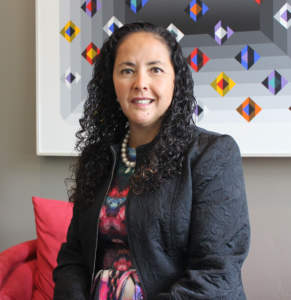Survivors of domestic violence and sexual abuse in Eagle County are faced with a tremendous housing barrier when deliberating on whether to report a crime. The extraordinarily high cost of living and rural nature of our region creates substantial barriers for individuals attempting to flee a violent situation.
Bright Future Foundation hopes to alleviate these barriers with the creation of its new “Ensuring Freedom” housing program. The program is possible through Bright Future’s participation in the Housing for Crime Victims Special Project, a 20-month project helping survivors increase access to and retain safe, long-term housing. The program also provides some of the supports survivors need to rebuild their lives.
Bright Future is one of eight programs chosen as a participant in the project, a partnership of the Colorado Coalition Against Domestic Violence (CCADV) and the Division of Criminal Justice Office for Victims Programs. The grant also allows Bright Future to add a full-time, year-around housing manager position.
“We’ve often been limited in our ability help survivors find safe, affordable housing in the past,” says Bright Future’s Executive Director Sheri Mintz. “Our clients often find themselves in overcrowded or roommate situations, which is not at all ideal for those with families. Participating in this program better equips us to help our clients.”
A staggering 92 percent of women who are homeless report having experienced severe physical or sexual assault at some point in their lives. Survivors are routinely met with discrimination when finding new housing; a lack of affordable housing and housing assistance further limits their options.
The Housing Special Project Sites will be implementing evidence-based approaches that have been successful in other states, such as the Domestic Violence Housing First project in Washington State. The goals of the Project include assisting crime victims in meeting their long-term housing needs, enhancing and expanding community support, and providing low-barrier survivor-driven mobile advocacy by meeting survivors where it is safe and convenient for them.
“Our services support our clients and their families throughout the transition from ‘victim’ to ‘survivor,’” added Mintz. “Having accessibility to safe, affordable housing is essential to helping them achieve long-term healing and self-sufficiency.”

